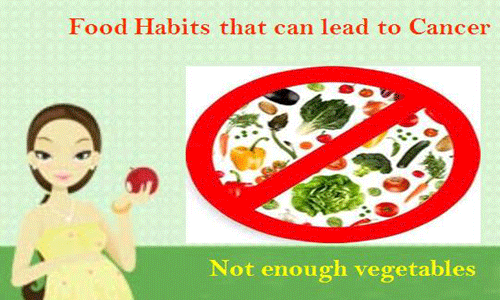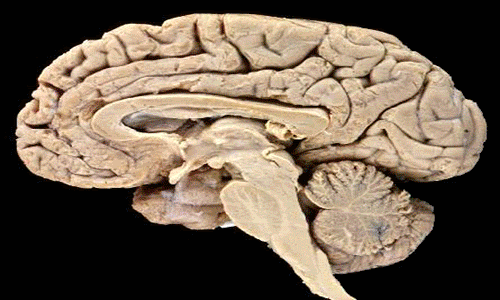Coconut water is anti-viral, anti-fungal and anti-bacterial. A research study showed that coconut water contains peptides or small proteins that can kill bacteria. So if you want to fight infection, coconut water can help. It can also help relieve stomach upsets. It also protects against the bacteria H. pylori that cause ulcer by infecting the stomach lining.
Hydration for Athletes
Coconut water contains several antioxidants and essential minerals such as potassium, magnesium and calcium. If you drink this fresh from the young coconut, you will also avoid extra sugar added in sports drink or soda. It is better to drink fresh coconut water instead of drinking from a can. Usually processed coconut water is pasteurized, and it contains added sugar and preservatives.
Healthy Heart
If you are suffering from hypertension, potassium from this drink will help lower your blood pressure. It also contains several electrolytic minerals that can be easily absorbed by the body. It does not contain any fat or cholesterol.
Elimination of Kidney Stones
Natural health practitioners believes that coconut water helps dissolve kidney stones. Potassium plays a key role in alkalizing urine and prevents kidney stones from forming.
Stress Relief
Drinking coconut water lowers your stress because it contains several minerals and small amounts of B-vitamins such as thiamine, riboflavin, niacin, pantothenic acid, B-6 and folate. Research shows that several B-vitamins play a crucial role in lowering anxiety, depression and stress.
Hangover Relief
If you like to have fun drinking at a party but do not like hang-over, some people claim that this also effectively relieves hang-overs. Since it is a fluid with the same five electrolytes found in human blood, it helps cure hang-over by hydrating your body.
Weight Loss
Coconut water is nutritious with only 50 calories per cup and it also has a low glycemic load. Since it is a natural isotonic beverage, it helps increase your metabolism. It also helps to detoxify your body, which helps you lose weight. Some people have a hard time losing weight because of the toxicity in the body.




























